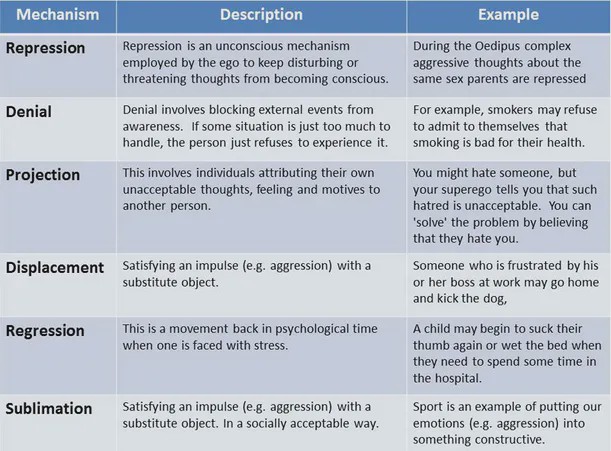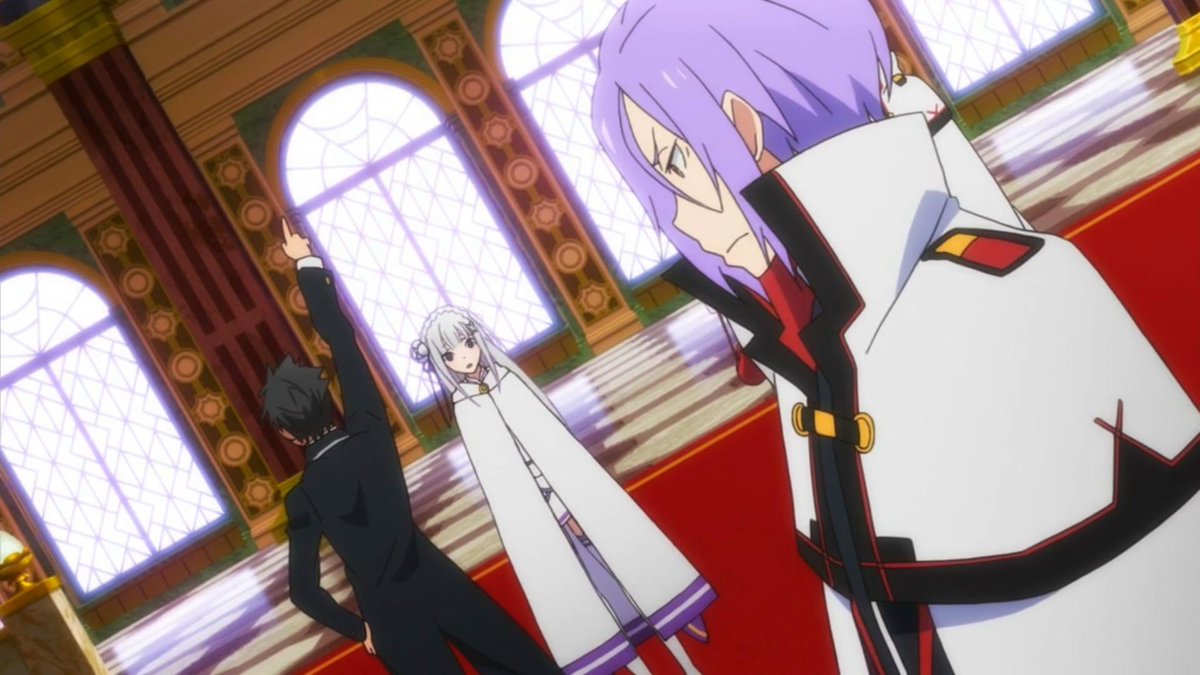It's time to do a psychology deep dive on Kana Arima, from Oshi no Ko. Kana's transformation and character development so far can be understood through various psych theories and concepts. I am thrilled to do this so let's dive in! (As of Episode 4) #OSHINOKO #推しの子 #anime
Family dynamics and attachment theory (Bowlby, 1969): Unstable relationships with family or the industry may contribute to Kana's initial arrogant and rude behavior and her strong drive to succeed in the industry. This may also cause her to develop an insecure attachment style. 

A big portion of this may come from Kana’s own power and control being taken from her or being pushed to act can be traumatic for social development. This can cause individuals to seek power by any means whether by adjusting with their surroundings or by downplaying others.
Social learning theory (Bandura, 1977) explains how Kana's transformation could be attributed to learning from observing others. Exposure to Aqua's performance provided her with a model of what it means to understand what the director wants and establishes a parataxic distortion.
As Kana grows she faces two key milestones, Erikson's developmental theories (1950) which shed light on her character development through the Industry Vs Inferiority and Identity vs. Role Confusion stage. 

Industry vs Inferiority specifically goes over school ages 6-11 in which Kana must ask herself How can I be good? During this time children cope with new internal and external demands in which succeeding leads to competence and failure leads to feeling inferior.
Couple this with our understanding as to how she was slowly being pushed out of the entertainment industry by people not picking her anymore for her parts and you have an individual who is going to hit fight or flight mode quickly. 

Identity vs Role is for teens asking who they are and where they are going? This is a key area for Kana to develop a sense of self, personal and public identity. Failing at this stage means a weaker sense of “self” while success means being able to stay true to herself.
This might mean Kana trying new things and finding what she truly wishes to do and in the process finding aspects of herself. Her transformation from an arrogant child actress to a kinder person reflects a resolution of this conflict.
If we were to go forward in time and if the character follows this development theory the next one would be Intimacy vs Isolation which questions; Am I loved or wanted?
This would focus on Kana trying to see her developing feelings for Aqua. Can she accept the dark side of Aqua that we know or does she love the aspects she’s put on a pedestal?
Self-concept development (Rogers, 1959) plays a key role in Kana's journey as she matures. As her self-concept evolves, her behavior and attitudes change, leading to a more empathetic and humble personality.
Kana's development of feelings for Aqua despite her initial distaste can be seen as cognitive dissonance theory (Festinger, 1957). As she ages, Kana may resolve this dissonance by changing her beliefs or attitudes towards him.
Bronfenbrenner's ecological theory (1979) considers the influence of multiple environmental factors on Kana's development as she ages, including her immediate relationships (microsystem), interactions between environments (mesosystem), and societal expectations (exosystem). 

Kana's behaviors and emotions as she grows older, such as "all-or-nothing thinking" and determination to succeed at all costs can be explained by Cognitive distortions (Beck, 1976). 

This may be dangerous as again if not properly addressed can cause an Kana to make an rash decision which may put her career in jeopardy in the future.
Defense mechanisms (Freud, 1926) could explain Kana's initial arrogance and sharp tongue as unconscious strategies to protect herself from anxiety or uncomfortable emotions. 

Projection: Kana might have projected her own feelings of inadequacy onto others, causing her to be rude and difficult to work with.
Rationalization: Kana could have used rationalization to justify her initial arrogance, convincing herself that her talent justified her behavior.
Rationalization: Kana could have used rationalization to justify her initial arrogance, convincing herself that her talent justified her behavior.
Jung's archetypes (1959) can help us explore Kana's character development through the Persona (public image) and the Shadow (darker, unconscious aspects of personality). Acknowledging and integrating her shadow as she grows older can foster emotional balance 

Maslow's hierarchy of needs (1943) contextualizes Kana's behavior in her striving to meet needs such as safety, esteem, and self-actualization throughout her life. Achieving these needs can contribute to her personal growth and development. 



I do want to remind everyone that my job is to analyze behavior and an individual's mental health journey. I am not making predictions but rather taking the information given along with the psychology present and going over possible scenarios that someone may do.
When I get anything right it’s not because I'm a wizard, it's just psychology and it's all praise to the author for genuinely caring about the characters and writing them in a fashion to which they may fall in line with concepts of psychology.
In conclusion, understanding Kana Arima's character through these psychological theories and concepts offers a multifaceted perspective on her psychological development and behavior in the context of relationships, personal growth, and motivations
Follow for more psychological threads on Oshi No Ko!
I hope this helps in understanding the character more. Thank you for reading this thread and practice some self care.
I'll be Live Analyzing Episode 5 on Thursday 5/11/23 6pm pst on Twitch!!
I hope this helps in understanding the character more. Thank you for reading this thread and practice some self care.
I'll be Live Analyzing Episode 5 on Thursday 5/11/23 6pm pst on Twitch!!
• • •
Missing some Tweet in this thread? You can try to
force a refresh














